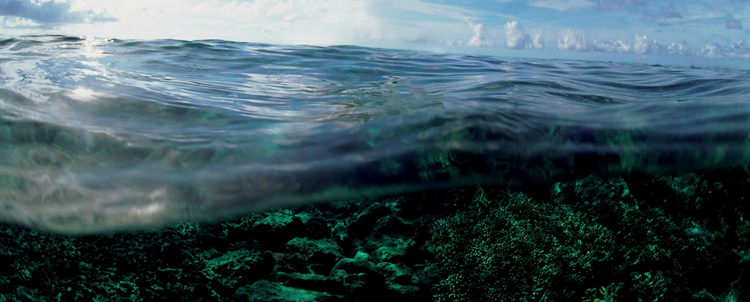Marine Microbes Research Group
Our research is concerned with the microbial communities in the marine environment. We study the diversity and functional activity of the communities of prokaryotes, bacteria and archaea, as well as of bacterivorous protists.
Although we regularly sample the seawater at a station located on the coast of Armintza (Bizkaia) in the East Cantabrian Sea, several members of the group have joined microbial oceanography cruises conducted in waters of the Mediterranean Sea, the Atlantic Ocean and the Southern Ocean. Also, in the context of the research project "Expedition Malaspina Circumnavigation-2010", we are analyzing the under-studied deep waters of the Indian and Pacific Oceans.
Currently the group's interest focuses on finding links between diversity and function in marine bacteria. We use molecular methods of genome analysis to investigate the structure, the composition and the diversity of the bacterial communities, and then we link this information with the measurements of the activity of those communities in processes dealing with the transformation of marine organic material, such as the consumption of organic compounds, the growth and the respiration, and the release of carbon dioxide.
In this sense, marine bacterioplankton is the major biotic component of the oceans generating carbon dioxide (CO2), the most important greenhouse gas, whose dynamics in the oceans and atmosphere is closely related to the processes of climate change and global change in the planet.
We are also interested in other fields of study such as the analysis of the chemical composition and the transformation of organic matter in seawater, as well as the study of the interrelationships and chemical communication that occurs between bacterivorous protists and their bacterial prey.


